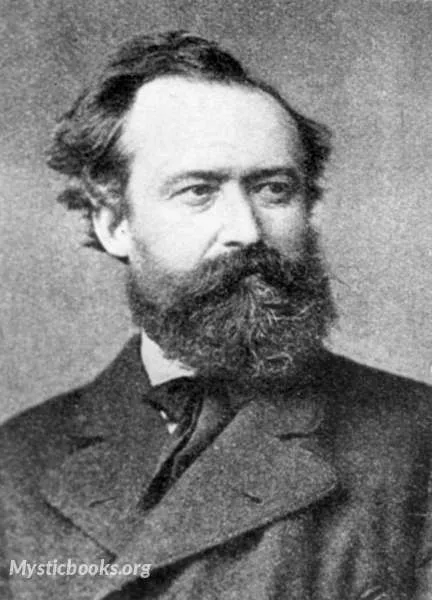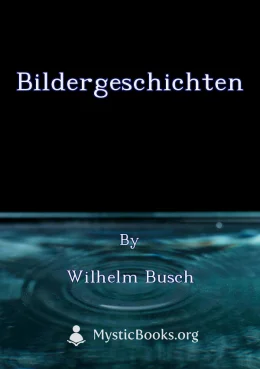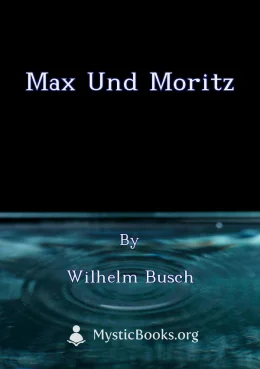
Timeline
Title
Country/Nationality
Wilhelm Busch
Heinrich Christian Wilhelm Busch was a German humourist, poet, illustrator, and painter. He published wildly innovative illustrated tales that remain influential to this day.
Busch drew on the tropes of folk humour as well as a profound knowledge of German literature and art to satirize contemporary life, any kind of piety, Catholicism, Philistinism, religious morality, bigotry, and moral uplift.
His mastery of drawing and verse became deeply influential for future generations of comic artists and vernacular poets. Among many notable influences, The Katzenjammer Kids was inspired by Busch's Max and Moritz. Today, the Wilhelm Busch Prize and the Wilhelm Busch Museum help maintain his legacy. The 175th anniversary of his birth in 2007 was celebrated throughout Germany. Busch remains one of the most influential poets and artists in Western Europe.
Wilhelm Busch was born on 15 April 1832, the first of seven children to Henriette Kleine Stümpe and Friedrich Wilhelm Busch. His six siblings followed shortly after: Fanny (1834), Gustav (1836), Adolf (1838), Otto (1841), Anna (1843), and Hermann (1845); all survived childhood. His parents were ambitious, hard-working and devout Protestants who later, despite becoming relatively prosperous, could not afford to educate all three sons. Busch's biographer Berndt W. Wessling suggested that Friedrich Wilhelm Busch invested heavily in the education of his sons partly because his own illegitimacy held significant stigma in rural areas.
In September 1847 Busch began studying mechanical engineering at Hannover Polytechnic. Busch's biographers are not in agreement as to why his Hanover education ended; most believe that his father had little appreciation of his son's artistic inclination. Biographer Eva Weissweiler suspects that Kleine played a major role, and that other possible causes were Busch's friendship with an innkeeper, Brümmer, political debates in Brümmer's tavern, and Busch's reluctance to believe every word of the Bible and catechism.
Busch was ravaged by disease, and for five months spent time painting and collecting folk tales, legends, songs, ballads, rhymes, and fragments of regional superstitions. Busch's biographer, Joseph Kraus, saw these collections as useful additions to folklore, as Busch noted the narrative background to tales and the idiosyncrasies of storytellers. Busch tried to release the collections, but as a publisher could not be found at the time, they were issued after his death. During the Nazi era Busch was known as an "ethnic seer".
Books by Wilhelm Busch

Bildergeschichten
Wilhelm Busch war einer der bedeutendsten humoristischen Zeichner und Dichter Deutschlands. Er gilt wegen seiner satirischen Bildergeschichten (u.a. Max und Moritz) in Versen als einer der Urväter des Comics. Die Bilder zu diesem Buch sind im Online...

Max und Moritz
Max und Moritz - Eine Bubengeschichte in sieben Streichen (Erstveröffentlichung 4. April 1865) ist das wohl bekannteste Werk von Wilhelm Busch. Das Werk wird oft als Vorläufer der modernen Comics bezeichnet da die zahlreichen, von Busch selbst gezeic...

Volksmärchen
This collection, "Volksmärchen" by Wilhelm Busch, presents a selection of classic German folk tales. These tales are rich in traditional imagery and themes, often featuring magical creatures, brave heroes, and whimsical situations. They are known for...